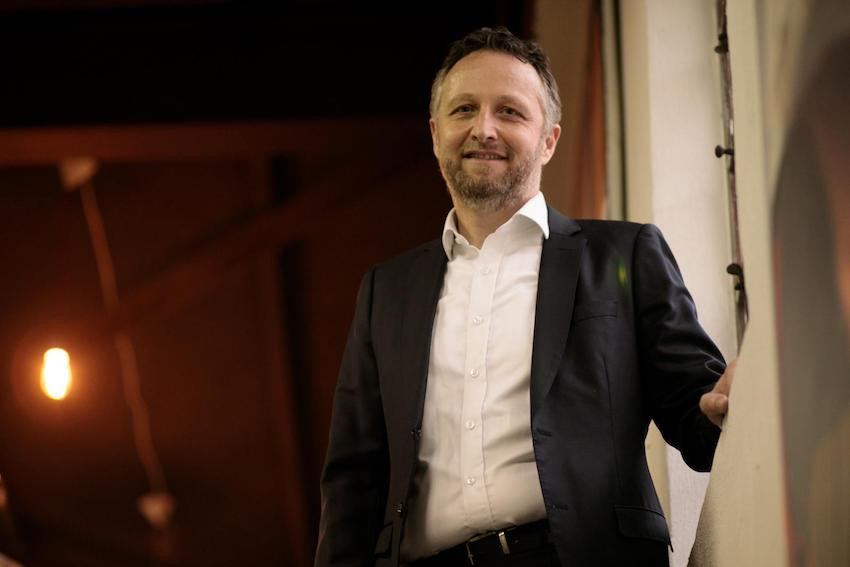According to research at University College London, a new habit takes between 66 to 254 days to form. Yet given the prevalence of “Zoom-fatigue” and the fraying of team culture under lockdown, it is likely that mostly we will return to in-person meetings.
Indeed, in virus-free Taiwan, it has been “business as usual” regarding meetings, according to a report by the event management group BCD. Also, management and boards of director meetings must take place physically in Luxembourg as evidence that companies are genuinely located in the country, and are not “empty shell” operations.
Yet the expectation is a move to “hybrid” meetings. It’s likely that we will be more willing to hold preparatory meetings online before final decisions are firmed up face-to-face. We might now also be more willing to accommodate colleagues who might need to dial in.
However, it is in the area of shareholder, membership and public meetings that digital solutions could make the greatest change. These tools could be used to maximise the involvement and engagement of a broad stakeholder community, thus strengthening how the leaders of all types of organisation are scrutinised and held to account. This is particularly relevant given the current drive to boost sustainability through strong environmental, social protection and governance standards.
Already in 2020, the Luxembourg Director’s Association and the Association of the Luxembourg Fund Industry held their annual general meetings fully online, experiments which appeared to be a success as they increased “attendance” and engagement. “It’s a widely held misconception that the most important part of an AGM is being present live, either in person or virtually. However, legally speaking, the key factor is logging in, reading the documents and voting,” said Georges Bock, chief strategist with Governance.com.
All this can be handled electronically, giving stakeholders more time to consider how they would like to engage. Online meetings were facilitated in Luxembourg this year by an emergency change in the law, but Bock hopes this could become permanent where appropriate. Change does seem to be coming, with the Japanese government thought to be considering reform. Will Luxembourg make this change in time for the next meeting season?
